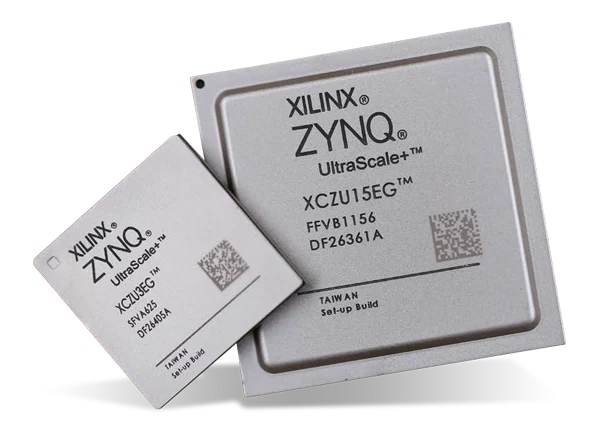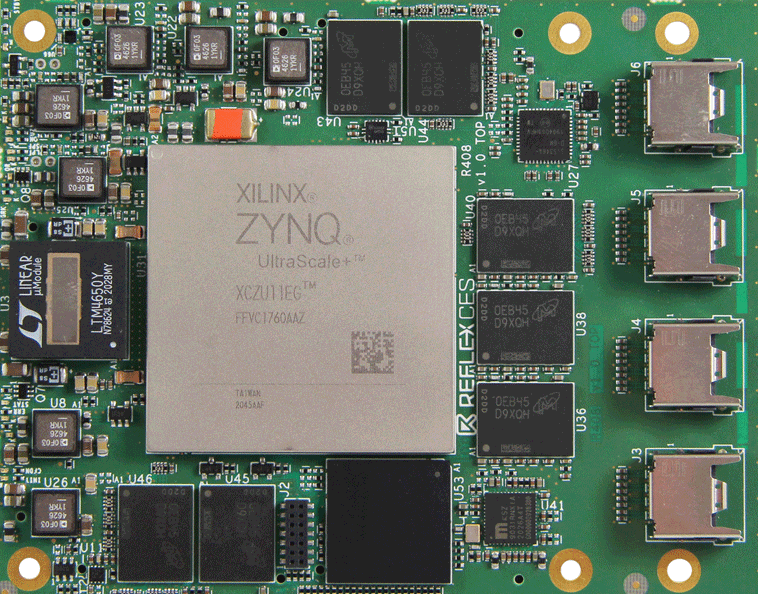The Future of Xilinx Ultrascale or Xilinx Zynq Ultrascale
Are you ready for the next level of FPGA technology? Look no further than Xilinx Ultrascale and Zynq Ultrascale. These powerful devices are revolutionizing the world of embedded systems and high-performance computing, offering unparalleled processing capabilities and flexibility. But what does the future hold for these cutting-edge technologies? In this blog post, we’ll explore Xilinx Ultrascale’s and Zynq Ultrascale’s exciting potential, from advanced AI applications to enhanced security features. Get ready to dive into a world of innovation!”
Introduction to Xilinx Ultrascale
As the demand for ever-higher data rates increases, so does the need for more robust and sophisticated FPGA devices. The Xilinx Ultrascale or Zynq Ultrascale platform represents the next generation of FPGA technology, offering unprecedented performance and power efficiency. Thanks to its refined design and feature set, the Ultrascale platform is ideally suited to a wide range of high-end applications, including 4G/5G wireless, data centre networking, and video processing.
Overview of Xilinx Zynq Ultrascale

Xilinx Zynq Ultrascale is a new line of high-end FPGAs offering unprecedented performance, density, and power efficiency. The devices are based on Xilinx’s 28nm UltraScale architecture and incorporate cutting-edge features such as stacked die construction and advanced process technologies.
The equipment is made for various demanding uses, including networking, storage, and high-performance computing. They support a variety of protocols, including PCIe, Ethernet, and SATA, and they also have excellent system integration capabilities.
The devices come in two alternative form factors: the Zynq Ultrascale+ MPSoC device, which combines an FPGA fabric with a quad-core Arm Cortex-A53 processor, and the Zynq Ultrascale+ RFSoC device, which combines an FPGA fabric with an eight-channel ADI 4961RF transceiver.
Benefits and Advantages of the Xilinx Zynq Ultrascale
Xilinx Zynq Ultrascale is a powerful, high-performance, low-power programmable system-on-chip (SoC). It combines the processing power of a dual-core ARM Cortex™-A9 MPCore™ processor with the flexibility of Xilinx 7 series FPGAs. The result is a single device that can be used for various applications, including high-end audio and video processing, automotive infotainment, and industrial control.
Custom hardware accelerators can be easily implemented thanks to the scalable, modular foundation of the Ultrascale architecture. For applications that need excellent performance and low power consumption, the Zynq Ultrascale is the best choice. The Ultrascale architecture also offers superior security and dependability features.
Xilinx Zynq Ultrascale is also supported by a comprehensive development environment that includes drivers, middleware, and example applications. This makes it easy to start developing custom applications for the Zynq Ultrascale.
Challenges Faced by the Xilinx Zynq Ultrascale
One of the main challenges the Xilinx Zynq Ultrascale faces is its lack of support for specific software and hardware tools. As a result, developing and deploying applications on the platform may be challenging. Additionally, the platform is not as frequently used as some of its rivals, making recruiting competent developers and support employees more difficult.
FutureDevelopments for the Xilinx Zynq Ultrascale
Xilinx Zynq Ultrascale is one of the most popular FPGAs on the market. It is used in various applications, from high-end servers to low-power embedded devices. The product has undergone numerous adjustments over its time on the market. The Xilinx Zynq Ultrascale+, the most recent iteration, was released in 2016.
Xilinx Zynq Ultrascale+ is a significant upgrade over the previous revision. It features a higher-performance quad-core ARM Cortex-A53 processor and an upgraded FPGA fabric. The device is also available in various packages, including BGA and flip-chip variants.
It seems expected that Xilinx will keep updating and enhancing the Zynq Ultrascale platform in the future. The device’s future iterations will likely have processors with even better performance and more extensive FPGA fabrics. In addition, new capabilities like support for high-speed memory interfaces and more potent DSPs (Digital Signal Processors) may be added, along with new package and form factor options.
Conclusion
Xilinx’s Ultrascale and Zynq UltraScale devices offer state-of-the-art technological advances to help businesses achieve their goals faster and more efficiently. These products are well-positioned to remain in demand by companies in the upcoming years thanks to their unique processing power, versatile design possibilities, scalability, and low cost of ownership.
As technology evolves rapidly, Xilinx’s Ultrascale and Zynq UltraScale technologies will remain essential players in computing solutions.

















